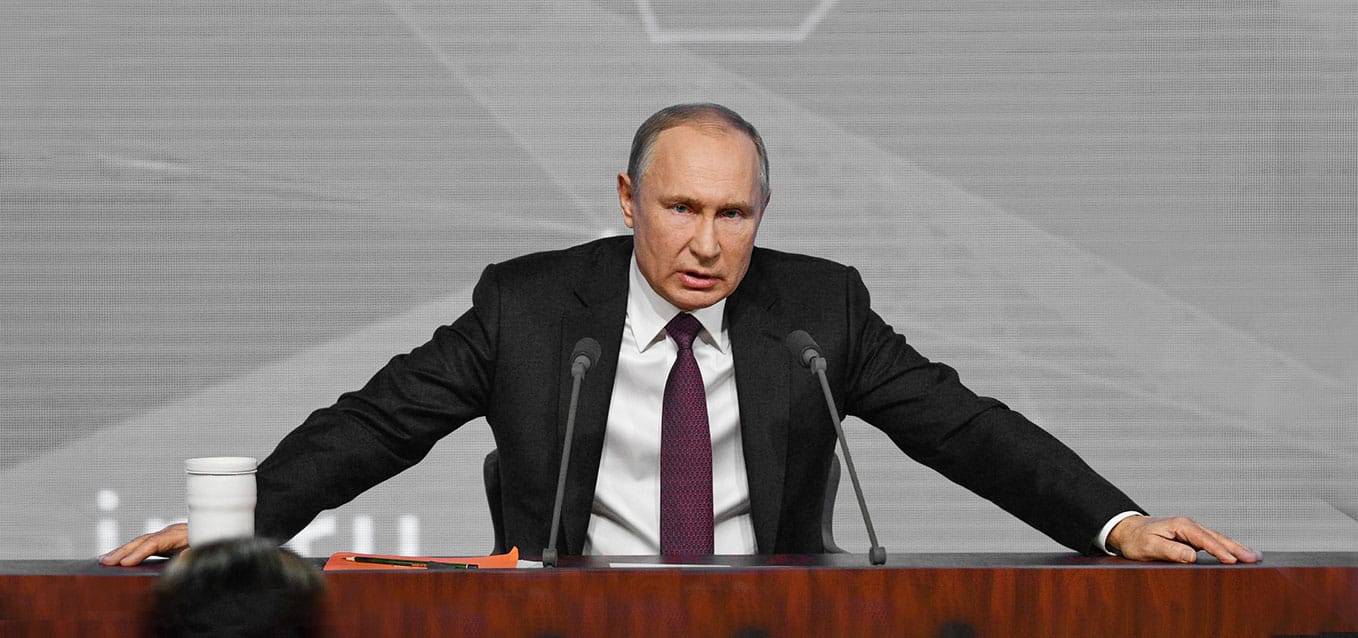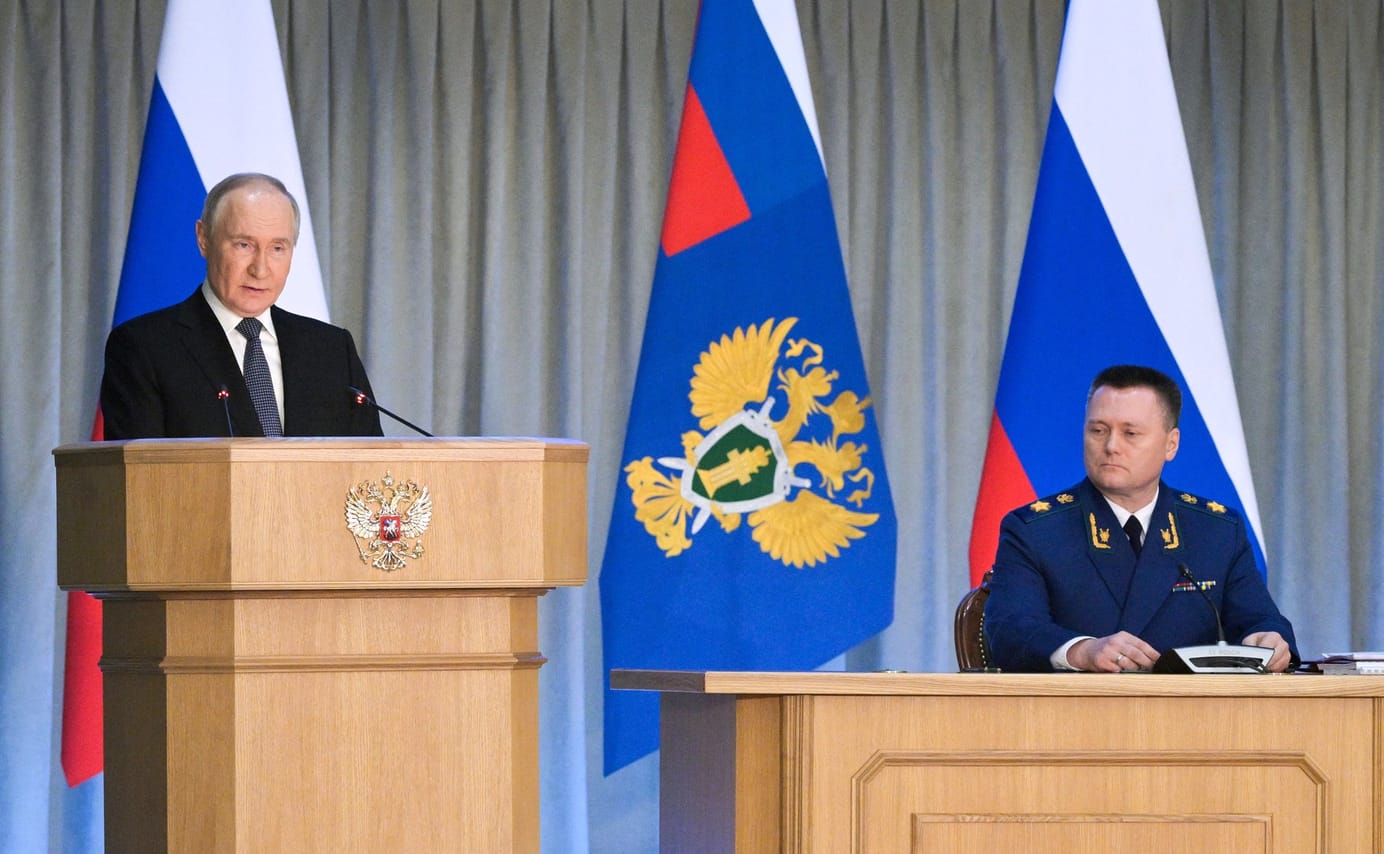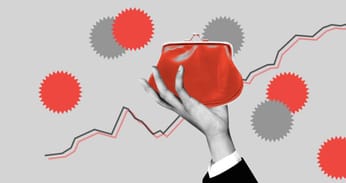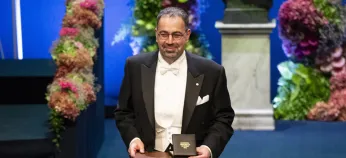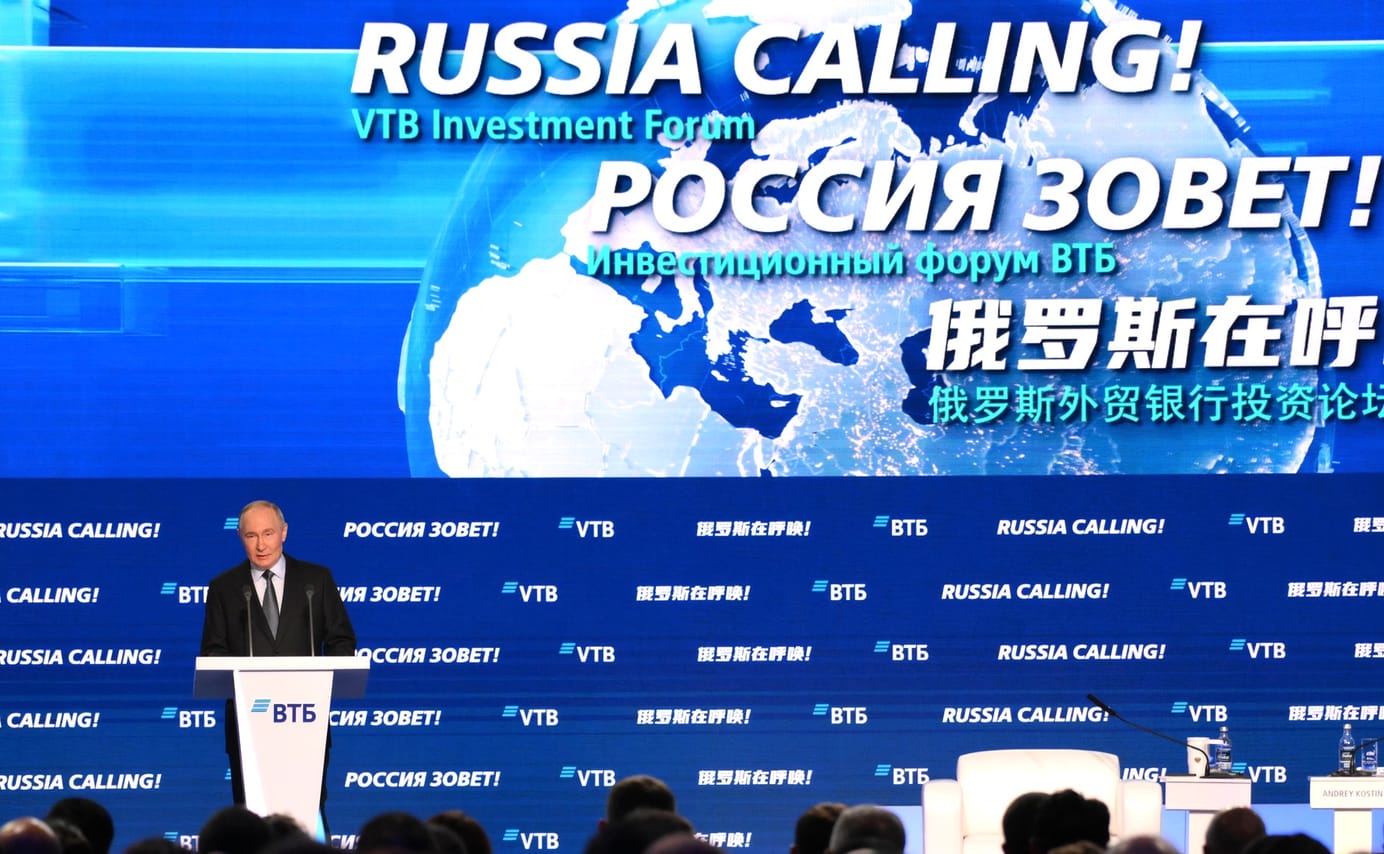
Russia has given up on foreign investment
Hello! Welcome to your weekly guide to the Russian economy – written by Alexander Kolyandr and Alexandra Prokopenko and brought to you by The Bell. This week our top story is a look at the annual “Russia Calling!” forum, where horizons have dramatically narrowed as a result of the war in Ukraine. We also look at an outspoken attack on the green energy transition by oil boss Igor Sechin.
Hollow boasts and no foreigners at flagship VTB conference
The annual “Russia Calling!” conference, which took place this week, is put on by state-owned bank VTB and is traditionally the country’s second most important economic event (after the St. Petersburg International Economic Forum). However it has changed dramatically during the war in Ukraine: instead of attracting foreign investors, it’s now just a meeting place for Russian officials and Russian business leaders. Instead of pitching to wealthy foreigners, the talk was almost exclusively about domestic sources of finance.
What did Putin say?
Most years, President Vladimir Putin gives the conference’s keynote speech, and takes questions from the hall. Last year, Putin began his address by talking about “attracting foreign investment to the domestic economy.” But this time, it wasn’t until the very end that he invited “foreign partners from all countries” to join forces with “the state, society and businesses in strengthening Russia’s economic sovereignty.”
Instead, Putin’s speech was almost entirely devoted to the domestic economy (although it included attacks on the West, who he described as “unreliable” partners). This is no surprise: since the full-scale invasion of Ukraine, Russia has found itself increasingly isolated. Foreign trade is under constant threat of sanctions, trans-national payments are difficult, restrictions on the banking system are tighter, and there is almost no foreign investment.As usual, Putin cherry-picked economic data to paint a rosy picture. In particular, he highlighted GDP growth (“over the course of the year it will be 3.9%, maybe even 4%”) and low unemployment (he said that 2.3% is a new record after four months at 2.4%). But he admitted inflation was “fairly high” (annual inflation is currently running at 8.8%).
Of course, GDP growth and low unemployment data do not add up to a healthy economy. First and foremost, in Russia they are the consequences of an overheating economy, pumped up on military spending. Next year, the Central Bank anticipates GDP growth will be between 0.5% and 1.5%, and no more than 2% in 2026. The unemployment rate is a consequence of a labor shortage, driven by the war and the fast-growing defense sector. That leads to a disproportionate growth of wages compared with productivity, pushing up business costs and forcing companies to cover expenses with loans.
Unsurprisingly, Putin did not dwell on inflation and the weak ruble. Nor did he say anything substantive about record high interest rates (currently at 21%).
At the same time, Putin did restate his faith in the Central Bank which has faced a storm of criticism for rate hikes (big business wants the regulator to be partially placed under government control). Putin instructed the bank to contain inflation to “avoid distortions in key macroeconomic parameters and imbalances in individual industries.”
Putin said that the government should continue to stimulate growth, although it should also balance the budget. This is a difficult task Putin is setting: reduce inflation while increasing the money supply by increasing output and productivity.
Looking inward
There were almost no foreigners at the conference. The Kremlin press service selected state-linked Chinese and Iranian businessmen, Russia-based businessmen from India and Turkey and a solitary, unnamed German to ask questions of Putin during the Q&A session. Journalists later identified the German man – in the early 2010s, he was HR director at the Russian division of the Media Markt chain, then set up an obscure consulting business. Nobody who could, at least in theory, bring investment to Russia, got near a microphone.
However, Putin is not making efforts to reach out to foreigners. He said nobody would stop companies wishing to return to Russia, but, equally, nobody would offer special conditions.Instead, Putin seemed to be looking at cash held by Russian citizens, who have gotten wealthier over the last two years amid rising state spending. In Putin’s speech, he said officials should be trying to channel these funds into the stock market. He put his hopes in the long-term savings program for citizens via voluntary savings in private funds announced last year. That scheme was supposed to contain at least 250 billion rubles ($2.5 billion) in 2024. However, on Nov. 1, the fund’s value was just 145 billion rubles, he said, without mentioning that it was below the target, set by himself at the same conference a year ago.
At the same time, Putin urged Russian companies to list on the stock exchange. While last year he focused on small companies with high growth, this time he targeted large, state-owned firms, hinting that access to subsidized loans could be linked to their willingness to go public. This, as Putin rightly says, requires financial transparency. It is unclear how this would work in practice given the ever-increasing number of exceptions issued by the authorities allowing companies not to disclose financial details (a response to the threat of Western sanctions).
In response to a question after his speech, however, Putin appeared to contradict himself, complaining about the unreliability of investing in financial instruments in other countries. He said that there are more reliable investments “in education, science, new technology, [and] real estate.” This is hardly an endorsement of securities, even Russian securities.
Why the world should care
This year’s “Russia Calling!” demonstrated how lonely Russia looks on the international stage these days when it comes to finance and economics. Amid the war in Ukraine, Russia has few options but to look inward. Foreign investment, which Putin actively courted during his first two decades in power, is absent. Nor is there any hope of foreign companies returning. Even Putin can’t hide Russia’s increasing isolation.
Sechin warns of ‘colonial’ energy transition
The head of state-owned oil giant Rosneft, Igor Sechin, a long-time friend of Putin, made a rare public appearance Thursday to speak at the Verona Eurasian Economic Forum in the United Arab Emirates. He took the opportunity to attack the transition to a green economy.
- The energy transition away from fossil fuels is a “powerful sanctions barrier for 88% of the world,” Sechin said, citing a conspiracy theory popular in Russia that Putin often references. Countries that refuse to promote a U.S.-centric “green” agenda will face import tariffs, he added. “In the real world, business votes with its money, and the “green” dollar is running away from the “green” agenda like wildfire,” Sechin said.
- For Sechin, the most just solution would be to massively boost oil production. If twice the amount of crude was to be produced, he said, it would increase living standards in the developing world to “at least half” the level of the world’s wealthiest billion people (who he referred to as the “golden billion”).
- Of course, Sechin’s words do not stand up to scrutiny. For example, the International Energy Agency predicts that, within six years, renewable energy will meet about half the global demand for electricity.
- The Russia-sponsored Verona Forum is Sechin’s favorite platform for attacking the global order, and the green energy transition. Before Russia’s full-scale invasion of Ukraine, the forum met every year in Verona, Italy, but it has since had to choose different locations. At the 2022 forum in Azerbaijan, Sechin criticized European plans for purchasing gas, and accused the U.S. of provoking a global energy crisis.
Why the world should care
Sechin is, of course, a regular critic of the West. However, his words this week underlined the way in which Russia’s elite is now largely indifferent to the international agenda, abdicating their role in solving global problems. Before the war in Ukraine, this was not the case. Back then, at least some of Russia’s ruling class felt a responsibility for global problems. Tackling climate change, for example, was considered an important part of working with Europe. Now, the elite is no longer part of Europe, which means it feels little or no responsibility for a shared future.
Figures of the week
Putin signed a decree Thursday in response to U.S. sanctions on state-owned bank Gazprombank. A previous decree in March 2022 had named Gazprombank as the sole bank authorized to accept foreign currency and exchange it for rubles – and it became a conduit for Western clients purchasing Russian energy. Now, buyers are once again permitted to pay for gas not only in rubles, but also in other currencies, or by offsetting mutual debts. In effect, the key change is that one intermediary bank has been replaced by many.
The Central Bank on Thursday raised its forecast for the level of corporate borrowing growth in 2024 from up to 15% to as high as 20%. The regulator noted that, in an extended period of high interest rates, the growth rate will start to slow. The Central Bank also raised its forecast for consumer loans from between 12% and 17% to between 15% and 18%. Expanding credit portfolios are a major cause of inflation in Russia.
Consumer price rises in Russia continue to show no signs of slowing. In the week beginning Nov. 26, weekly inflation climbed to 0.5% (compared with 0.36% the week before). Annual inflation reached 9.07% (the previous week it was 8.78%). These figures mean it’s more likely than ever that the Central Bank will hike rates at its upcoming board meeting.
Further reading
Can Trump Split China and Russia?

